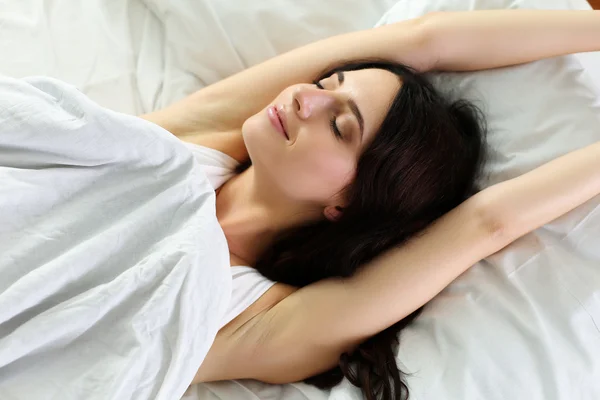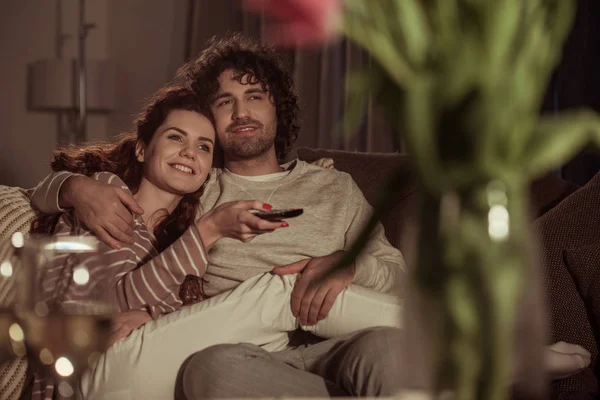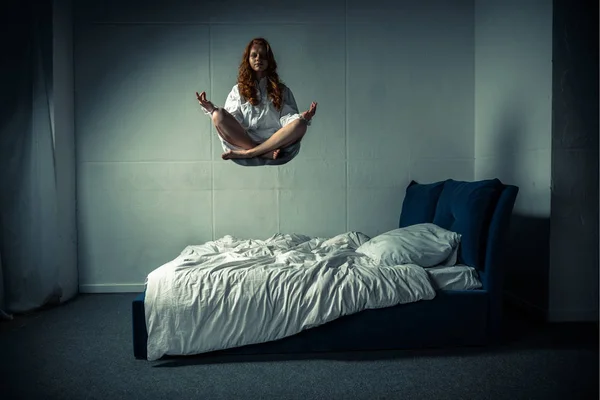Is your sleep pattern linked to a particular activity?
If yes, you need to re-think your sleep pattern.
“A good laugh and a long sleep are the best cures in the doctor’s book.”
What if you are enjoying your activity and enjoying your sleep pattern? What if your activity is getting addictive? What if your activity is becoming bothersome? What if it is impacting other systems of the body?

There is a need to analyse these aspects.
Some people are used to certain activities and without performing those, they cannot sleep.
These could be:
- Playing a sport
- Hot water shower
- Turmeric – Kesar hot milk
- Tea / Coffee consumption
- Alcoholic beverage
- Reading a book
- Watching an entire movie / serial
- Scrolling social media
- Talking to a friend on the phone
- Doing Yoga & Meditation
- Heavy workouts/ gym
- Chatting on phone
- Late night binging
- Evening stroll
So on and so forth, it could be anything.
If you want to get rid of any of these activities, the answer lies with exercise, but a mild one, not the exhaustive one. This is because exercise raises your core body temperature. Elevation in core body temperature signals the body clock that it’s time to be awake. After about 30 to 90 minutes, the core body temperature starts to fall. The decline helps to facilitate sleepiness.
Some studies reveal that proper exercise can alleviate sleep-related problems and help you get an adequate amount of rest. Recent research also suggests insufficient or poor-quality sleep can lead to lower levels of physical activity the following day.
For these reasons, experts today believe sleep and exercise have a bidirectional relationship. In other words, optimizing your exercise routine can potentially help you sleep better, and getting an adequate amount of sleep may promote healthier physical activity levels during the day.
Exercising for some good sleep as a habit is good for you. You can easily do some exercise, wherever you are. It could be done in any situation and any condition, but you should not be unwell.

There are many benefits to exercising regularly.
It lowers the risk of diseases like cancer and diabetes, improves physical function, and a higher quality of life. Exercising can benefit everyone, teenagers, adults, senior citizens, performers, writers, singers, and even pregnant women. Say, pregnant women who engage in routine physical activity are less likely to gain an excessive amount of weight or experience postpartum depression, and elderly people who exercise are at lower risk of medical conditions like high BP or Diabetes.
Exercising also improves sleep for many people, even sick or trauma-inflicted people. Specifically, moderate-to-vigorous exercise can increase sleep quality for adults by reducing sleep onset – or the time it takes to fall asleep – and decreasing the time they lie awake in bed during the night. Additionally, physical activity can help alleviate daytime sleepiness and, for some people, reduce the need for sleep medications.
Exercise can also improve sleep in indirect ways. For instance, moderate-to-vigorous physical activity can decrease the risk of excessive weight gain, which in turn makes that person less likely to experience symptoms of Obstructive Sleep Apnea (OSA). Roughly 60% of moderate to severe OSA cases have been attributed to obesity.
So, lose weight, and gain sleep!
But if you still fear that you can’t get good sleep without doing your specific activity, then it may be a symptom of sleep anxiety. It is the fear or worry about going to sleep. You may be apprehensive about not falling asleep or not being able to stay asleep. Some people also have a distinct phobia, or fear, about sleep called somniphobia. They may think something bad will happen to them while they sleep, or that they shouldn’t sleep because they need to stay alert and watchful.
Anxiety is a modern-day gift to humankind. Everyone is going through some or other kind of anxiety pangs. To avoid sleep anxiety pangs we develop some activities or habits which we feel are sleep-inducing. But they are not, they are just our perceptions, distractions.
The invasion of electronics in our lives has majorly impacted our sleep patterns, even toddlers can’t eat or sleep without watching their favourite cartoons. What to say of women who are hooked to their favourite serials or men to 24X7 news channels? You would have been advised by someone in your conversations, not necessarily your doctor that you should turn off electronics an hour before.

Why so? Because these devices emit a blue light that suppresses melatonin, a sleep-inducing hormone. However, glaring blue light even three or four hours earlier — like watching TV during or shortly after dinner — is enough to delay melatonin production, says Karl Doghramji, M.D., director of the Jefferson Sleep Disorders Center in Philadelphia. You don’t have to turn off the tube, though.
He recommends wearing a pair of glasses that blocks blue light. That way, you have no problems winding down with the TV on.
With the words of Shakespeare, I sum it up here…
Sleep that soothes away all our worries. Sleep that puts each day to rest. Sleep that relieves the weary labourer and heals hurt minds.
So, activity or no activity, sleep for happiness, HappyHo!





